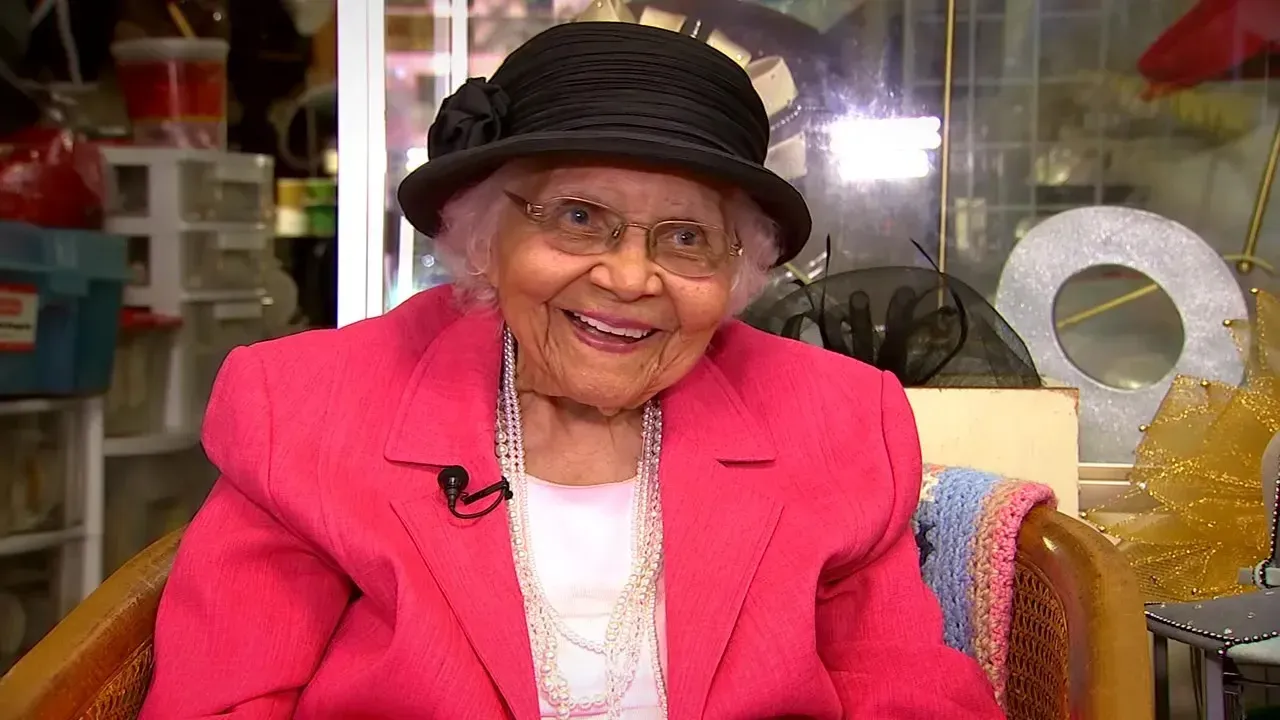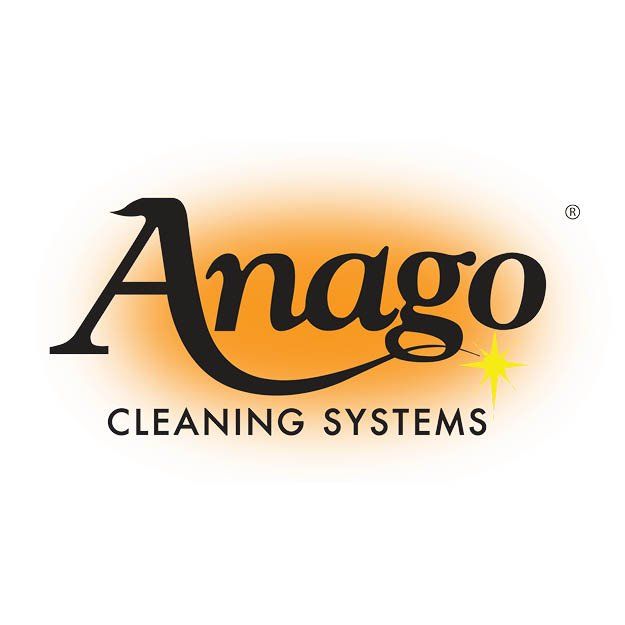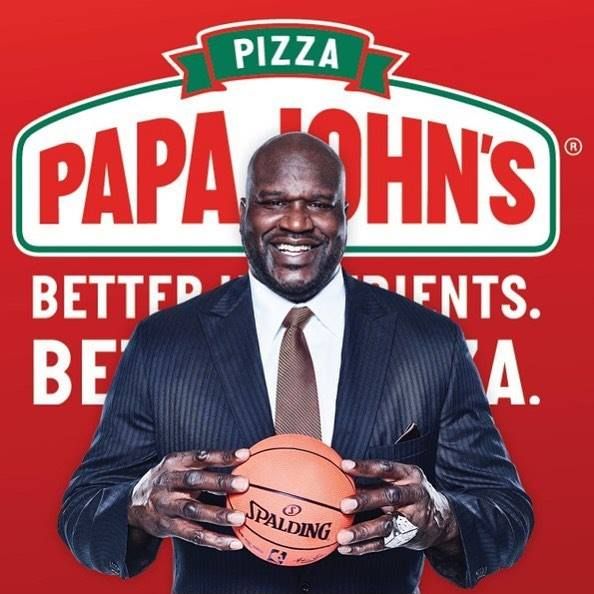Unlocking Opportunity: Why Home Health Franchises Are Booming
“The Silver Tsunami”
The demographic shift towards an increasingly elderly population presents a significant opportunity within the healthcare sector, particularly for home health services. The global "silver tsunami" of older adults desires to "age in place," creating unprecedented demand for home healthcare services, from non-medical to skilled nursing. This robust market offers substantial financial and societal potential for entrepreneurs and investors. This article explores the compelling rationale for entering the home health sector via the franchise model, emphasizing the benefits of established brands and support for sustained market expansion.
The Expanding Landscape of Home Healthcare
The home healthcare industry is booming, projected to reach $666.9 billion by 2030 with an 8% CAGR. This growth is fueled by the aging Baby Boomer generation, as 90% prefer to age at home. Home care franchises offer vital non-medical and skilled nursing services, proving resilient to economic fluctuations. With 11,500 businesses generating $11 billion annually and employing 400,000, this sector is a robust and promising investment opportunity.
Advantages of owning a Home Health Franchise Model
Adopting a franchise model for entry into the home healthcare sector offers distinct advantages over independent ventures:
- Access to a Continually Expanding Market: The ongoing increase in the aging population ensures a consistent and growing client base. With an estimated 10,000 Baby Boomers reaching age 65 daily, the demand for in-home care—spanning chronic condition management, post-operative recovery, and daily assistance—is on an upward trajectory, positioning a home care franchise as a strategic investment.
- Leveraging Established Brand Recognition: A significant challenge for new businesses is cultivating trust and credibility. Investing in a home healthcare franchise provides immediate access to an established brand's reputation. Consumers and their families are more inclined to select a familiar name associated with quality and reliability. Brands in the senior care franchise domain offer franchisees instant credibility and a competitive advantage within their local markets.
- Comprehensive Training and Operational Support: Unlike independent startups, home healthcare franchises typically provide extensive initial training and ongoing support. This is particularly beneficial for individuals without prior healthcare experience. Franchisors equip franchisees with the necessary knowledge and skills. This robust support system, encompassing operational guidance and marketing strategies, significantly reduces the learning curve and facilitates rapid operational readiness.
- Adherence to a Proven Business Model: Franchisors have meticulously refined their operational processes, from client acquisition methodologies to staff management protocols, thereby eliminating the need for franchisees to develop these from scratch. This established model mitigates risk and enhances the probability of profitability. Healthcare brands offers a scalable system honed over years, integrating compassionate care with efficient business practices.
- Diversified Revenue Streams: Franchisees can provide non-medical care (e.g., companionship, personal care), skilled nursing, or specialized services such as dementia care. This flexibility allows for catering to diverse client needs while optimizing revenue potential. Good healthcare brands excel in offering a blend of in-home care services and assistance with senior living navigation, broadening its market appeal and income generation capabilities.
- Profound Societal Impact: Beyond financial considerations, owning a senior home care franchise offers deep personal and professional fulfillment. Franchisees provide essential services that significantly enhance the quality of life for seniors and offer peace of mind to their families. Whether facilitating post-surgical recovery or enabling continued independence, the work performed has a tangible, positive impact. This sense of purpose is a primary motivator for many franchisees and a key differentiator of home health care franchises.
Financial Viability of Home Health Franchises
The financial landscape of home health franchises presents a compelling proposition for investors:
- Comparatively Lower Entry Costs: While initial investment varies, home care franchise opportunities generally require less capital outlay compared to other franchise sectors such as food service or retail. Startup costs may range from approximately $115,000 to $270,000, encompassing franchise fees, equipment, and initial marketing. This is considerably less than the substantial capital required for certain other franchise types. Furthermore, many franchisors offer financing options or incentives, such as veteran discounts, to lower entry barriers.
- Significant Profit Potential: Industry data indicates that established senior care franchises can achieve average annual gross sales exceeding $1 million, with top performers reaching even higher figures. Good franchisors provide franchisees with access to large, protected territories (over 350,000 people), facilitating scalability and competitive advantage. With typical royalty fees around 5-7%, a significant portion of generated revenue remains with the franchisee.
- Recession-Resistant Stability: During periods of economic downturn, while discretionary spending may decline, the imperative for senior care remains constant. This intrinsic resilience offers franchisees financial security and confidence, ensuring business continuity even during challenging economic times.
- Scalability for Sustained Growth: As the client base expands, franchisees can strategically increase staffing, broaden service offerings, or even acquire additional territories. Multi-franchise owners can successfully leverage the brand’s support and systems to build thriving operations over extended periods.
- Synergy of Community Impact and Profitability: By creating local employment opportunities for caregivers and serving families in need, franchisees contribute to the local economy while simultaneously building a sustainable business. This dual benefit of profit and purpose makes initiating a home care franchise a uniquely attractive entrepreneurial venture.
Final reflection
Home healthcare franchises offer a compelling investment. This growing industry, driven by an aging population's preference for in-home care, provides significant financial rewards and the satisfaction of helping others. Leveraging established brands, training, and proven models, entrepreneurs can mitigate risks and build resilient, profitable businesses. These scalable, recession-resistant franchises offer both financial success and positive societal impact, making them a strategic choice for future business ventures.
About the Author
Jatinder Taneja is a seasoned franchise consultant with over 20 years of experience in business and entrepreneurship, helping individuals find the right franchise fit aligned with their goals. His strategic insight and personalized approach empower candidates to make confident, long-term decisions in franchising. Contact Jatinder at Jatin@TheFranchiseConsultingCompany.com.











